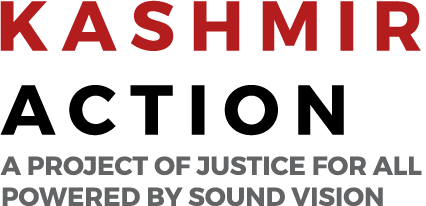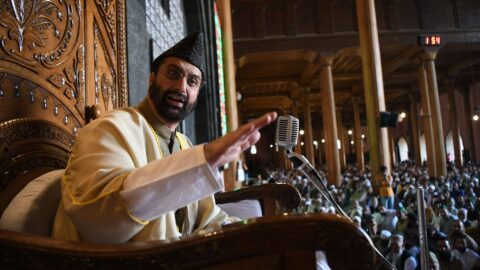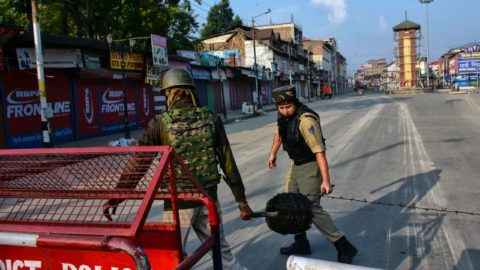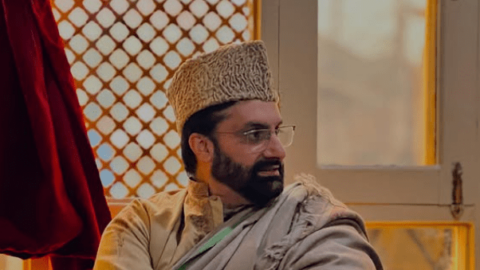On December 27th, Mirwaiz Muhammad Umar Farooq, was barred from leaving his house to lead…
India’s War Against Memory: Kashmiri Doctors Who Conducted Post-Mortem of a Rape-Victim of Indian Army Terminated From Employment
On 22nd June, India expelled from employment two Kashmiri doctors who were part of the team who conducted the post-mortem of the infamous rape and murder of Asiya and Neelofar, two Kashmiri civilian women, by Indian army personnel in May 2009 in Shopian area of Kashmir, and released a report thereafter that had incriminated the army personnel.
The dismissed doctors identified as Dr Bilal Ahmad Dalal and Dr Nighat Shaheen Chilloo had conducted the two autopsies and released the report.
Asiya and Neelofar women were abducted by Indian men in uniform on May 29, 2009, gang-raped and subsequently killed in custody. Interestingly, India has accused the doctors of being “pro-Pakistan”, after 14 years since the incident, and expelled them from employment.
Dr Nighat’s report had concluded that rape had been committed against both women and her findings were substantiated by a forensic report. In the expulsion order, Dr Nighat Shaheen, has been accused of “causing disaffection against the Indian army”.
In 2009, a judicial commission was created by the Jammu and Kashmir government of the time and the report that resulted from the commission affirmed that the two women had been raped and murdered through lab results provided by a forensic science lab.
However, the report was denied by the military court, which stated that the lab had not provided “enough evidence”, and the case was then given to the CBI (Central Bureau of Investigation). The CBI report claimed that the death of the two women was accidental and therefore no crime had occurred; it argued that they had drowned and that Indian security personnel had nothing to do with the incident.
The findings, however, were a cover-up; the main reasoning behind this being that the water in which the women’s bodies were found was between ankle and knee-deep, meaning it seemed very unlikely, if not impossible, for the girls to have accidently drowned. Furthermore, the specific location in which the bodies were discovered had been carefully searched the evening before with flashlights and therefore they would have been found unless they were placed there in the early hours of the morning long after the women had gone missing.
The CBI had then went on to “file supplementary charge-sheets against the state prosecutors, doctors, advocates for the complainant, advocates demanding justice and the family members of the women.” The expulsion of the doctors after all these years is a culmination of this denial of justice and concealment of a war-crime. Such is the culture of impunity for the Indian military in Kashmir.




